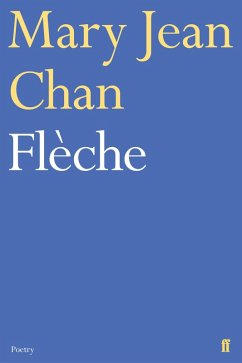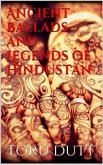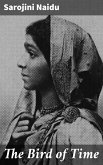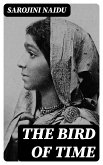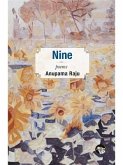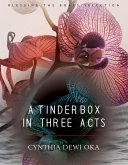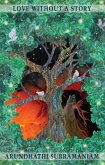Flèche (the French word for 'arrow') is an offensive technique commonly used in épée, a competitive sport of the poet's teenage and young adult years. This cross-linguistic pun presents the queer, non-white body as both vulnerable ('flesh') and weaponised ('flèche') in public and private spaces. Themes of multilingualism, queerness, post-colonialism, psychoanalysis and cultural history emerge by means of an imagined personal, maternal and national biography, spoken by a polyphony of female voices. The result is a series of poems that are urgent and hard-hitting as Chan keeps her readers on their toes, dazzling and devastating them by turn.
Dieser Download kann aus rechtlichen Gründen nur mit Rechnungsadresse in A, B, BG, CY, CZ, D, DK, EW, E, FIN, F, GR, H, IRL, I, LT, L, LR, M, NL, PL, P, R, S, SLO, SK ausgeliefert werden.

